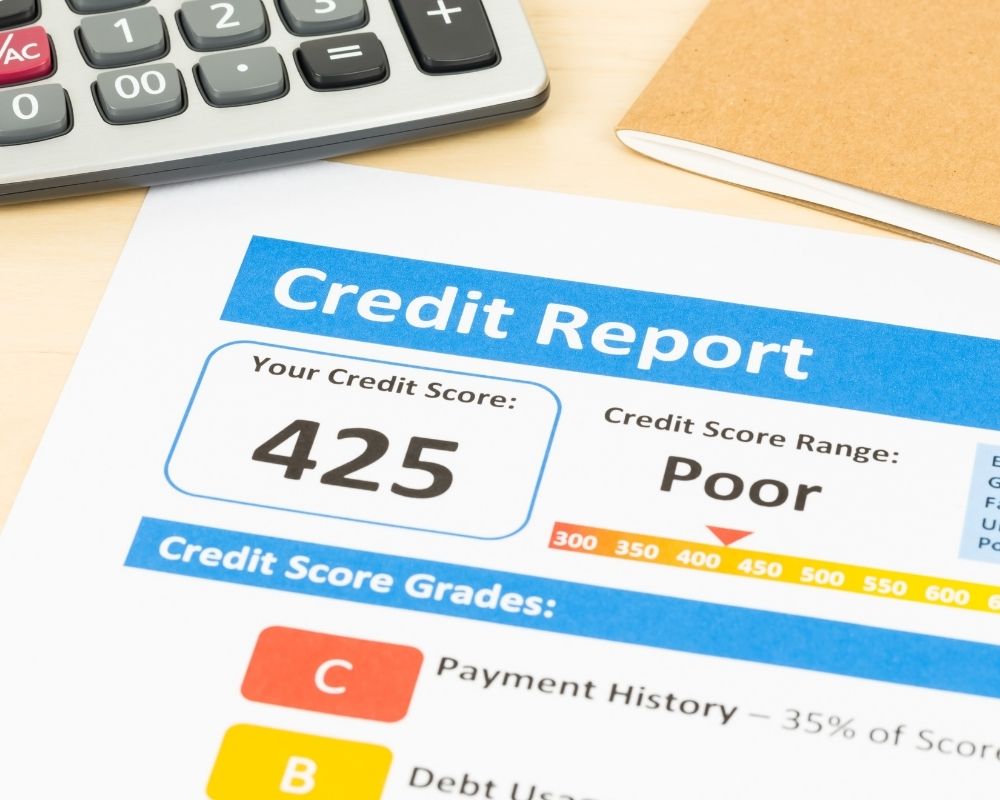There are many reasons your credit score may have dropped and got to the bottom of them is essential for rebuilding or keeping your credit score in good shape. Some of the things that you do that may affect your credit score might not seem like a major problem at the time.
However, many of these credit score hits are temporary and you’ll recover from them easily. Even though many actions, like applying for a loan or paying off a debt cause fluctuation, the longer-term benefits will help you.
Read on to learn about some of these common reasons for a drop in your score and what you can expect.
Reasons Your Credit Score May Have Dropped Include Closing an Account
Closing one of your credit card accounts, especially if it’s an older account, lowers the age of your accounts and the amount of credit available. Your credit history length accounts for 15% of your FICO score. Your credit score improves with the length of time that you have had accounts.
However, paying for credit cards you no longer use hurts your score, instead of helping. Closing a card account, you are not using that has a high annual fee may help, rather than hurt, your credit score. Examples may include secured cards that required an initial deposit or frequent flyer mile cards during times when you aren’t traveling.
However, talking to your issuer before closing the card account is a recommended step. Upgrading from a secured to an unsecured card or downgrading from a high-free to a no-free card may be a good idea. These accounts will still show as open on your credit report, instead of closed.
Paying Off a Loan Can Lower Your Credit Score
Paying off a loan might be one of the reasons your credit score may have dropped. As with closing a credit card account, paying off your loan removes an account from your credit report.
Having a mixture of accounts contributes to 10% of your score. However, you don’t need to worry about keeping an account open longer just to make a few more payments.
Missed Payments Are Common Reasons Your Credit Score May Have Dropped
A missed credit card payment or missed loan payment will have a quick negative effect, with your payment history contributing to as much as 35% of your score. Lenders will take your payment history seriously because they don’t want to lend to someone who is a credit risk.
Your credit score will influence how severe an effect the missed payment has, with people who have good scores seeing a more drastic drop. The length of time that the payment was missed will also play a role.
Your payment behavior and credit health impact how quickly your score will rebound from a missed payment. The sooner you get back on track, the sooner you’ll see some improvements. On-time payments will have a positive impact on your credit score, especially if paid in full.
You’ve Recently Made a Large Purchase
Using credit cards for large purchases is among the reasons your credit score may have dropped, making not having to pay the full amount upfront a trade-off. A higher balance raises your credit utilization rate, which you should ideally keep under 30%
If possible, try to keep credit card usage for times when you will be able to repay before the billing cycle ends. High balances will add a lot of interest, as well as affect your credit utilization rate.
You’ve Recently Applied for a New Card or Loan
You are having applied for a credit card or loan recently is a reason for a drop in your credit score. Lenders do credit checks called hard inquiries or pull that drop your score a few points. Although these inquiries stay on your credit score for two years, only inquiries from the past year affect your current score.
Keeping your applications for new credit products to once every three months will help. If your credit score is low, you may be doing well to wait somewhat longer in-between applications.
If you’re concerned about reasons your credit score may have dropped, and are interested in a loan, contact us to see how we can help you.










